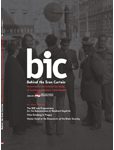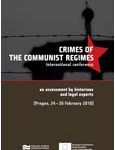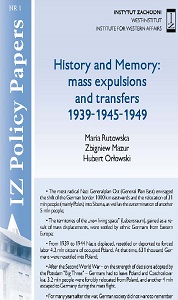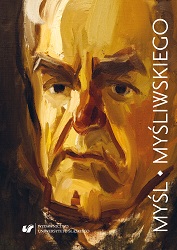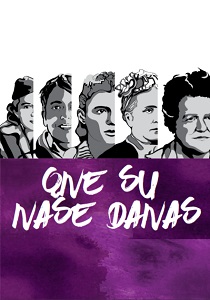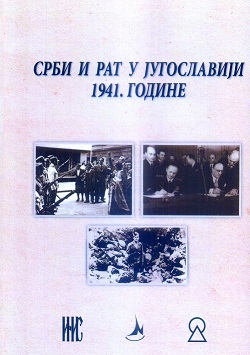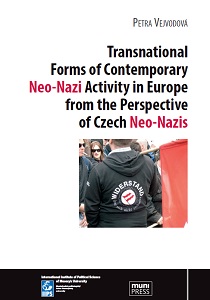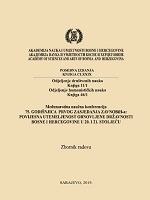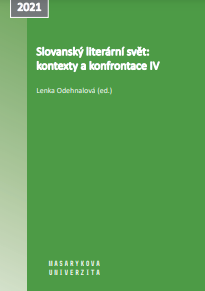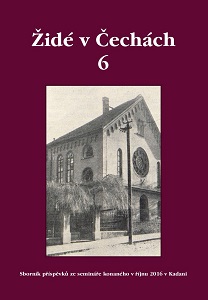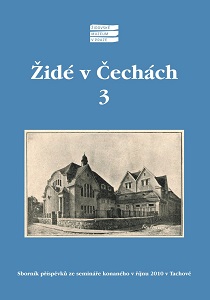Author(s): Elmir Sadiković / Language(s): Bosnian
Publication Year: 0
In the free territories of occupied Yugoslavia, during antifascist liberation front led by Communist Party of Yugoslavia (KPJ) under the leadership of Tito (1941–1945) there were the first bodies of civil people’s government in the form of people’s liberation boards. By strengthening antifascist People’s Liberation Movement (NOP), People’s Liberation Boards (NOOs) will become an important instrument for combating occupation forces and creation of living conditions for people in the liberated territories. Together with army struggle of People’s Liberation Movement (NOP), this movement, by forming new structures of people’s government on free territories, firstly People’s Liberation Boards (NOOs), later on an antifascist councils of people’s liberation, has established foundations of future state constitution. In the first years of People’s Liberation War (NOR) in Bosnia and Herzegovina there were several hundreds of established People’s Liberation Boards (NOOs). Broadening these specific networks, as temporary structures of people’s government, they were especially intensified after conveying Foča’s and Krajina’s directives in 1942. All people’s liberation boards as government authorities raised from people and those boards in war conditions were developing in Bosnia and Herzegovina and in other parts of Yugoslavia. By solidification of People’s Liberation Movement (NOP) they have persistently improved their scope of work and activities. Out of people’s liberation boards’ nucleus a strong network of people’s liberation boards was founded what finally shaped ZAVNOBIH (Antifascist Council of People’s Liberation of Bosnia and Herzegovina) as the highest political representative body. After the Second Assembly of AVNOJ (Antifascist Council of People’s Liberation of Yugoslavia) in Jajce on November 29th and 30th in 1943, people’s liberation boards (NOOs) have achieved their full legal affirmation and they have been confirmed as significant and efficient instrument for the organization of people’s liberation war and socialist revolution, until the declaration of Law on People’s Boards in 1946. Linked together, people’s liberation boards and antifascist councils of people’s liberation were actually an integrative process of revolutionary governmental change and formation of new social and political order. Constitutional Law of Federative People’s Republic of Yugoslavia has confirmed and proclaimed that people’s liberation boards are fundamental bodies of state government and they gained constitutional and legal guaranty and protection. During the development in after war period, their character and role as the government bodies were gradually changed – from local authorities of state government in administrative – territorial units – to the position of general representative body of local communities, municipalities and cantons in this particular historical context, when they have converted into the new representative organs – municipals, cantonal assemblies. Throughout postwar evolution people’s boards were the highest government authorities on their territories and apart them, there were no other authorities of state government within local communities. Therefore, there was no dualism of local government authorities and local state government. Developed in the streak of social contradictories, by their transformation from local state authorities, people’s boards were becoming more and more democratic local government authorities.
More...


